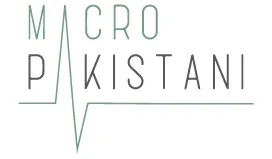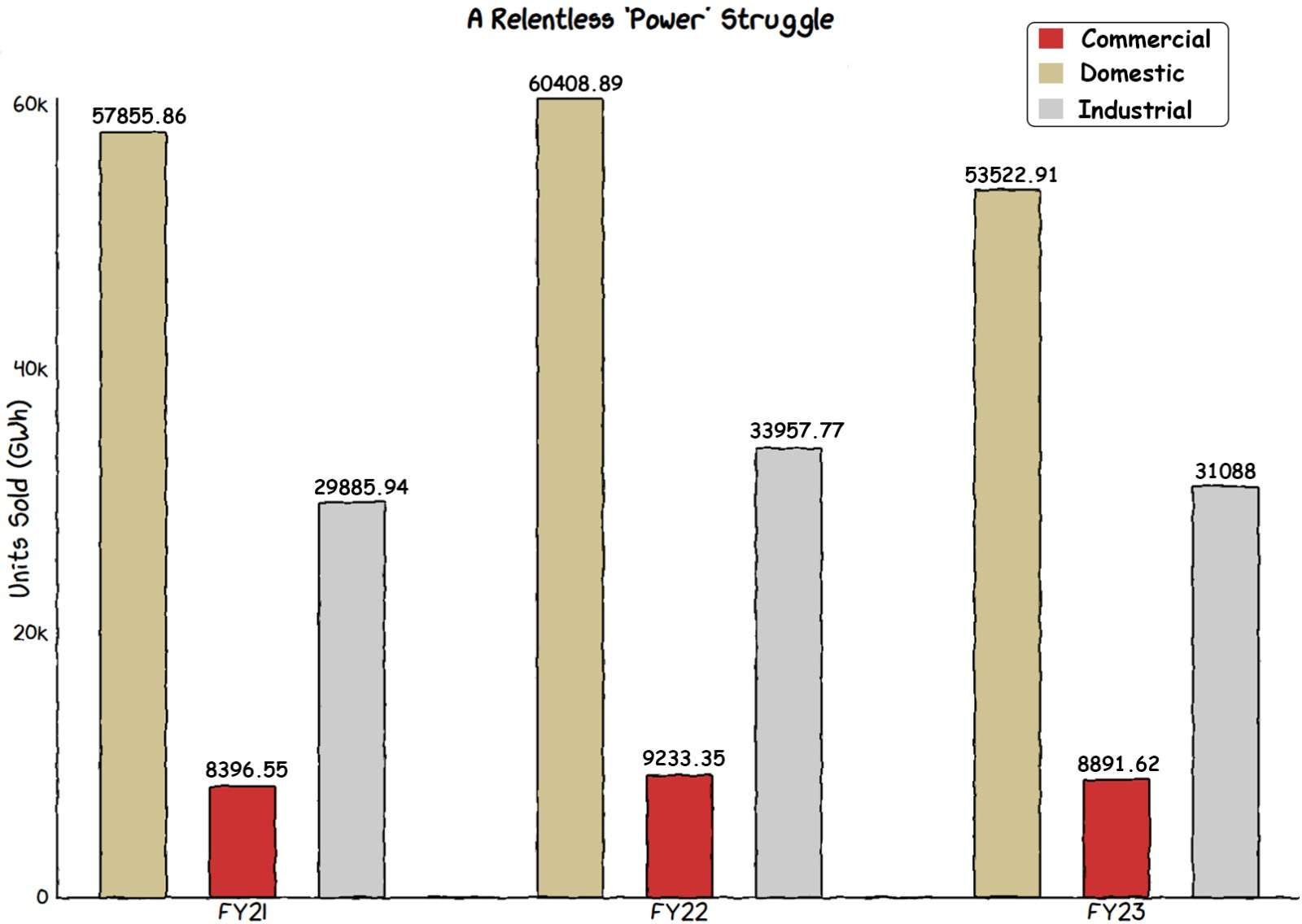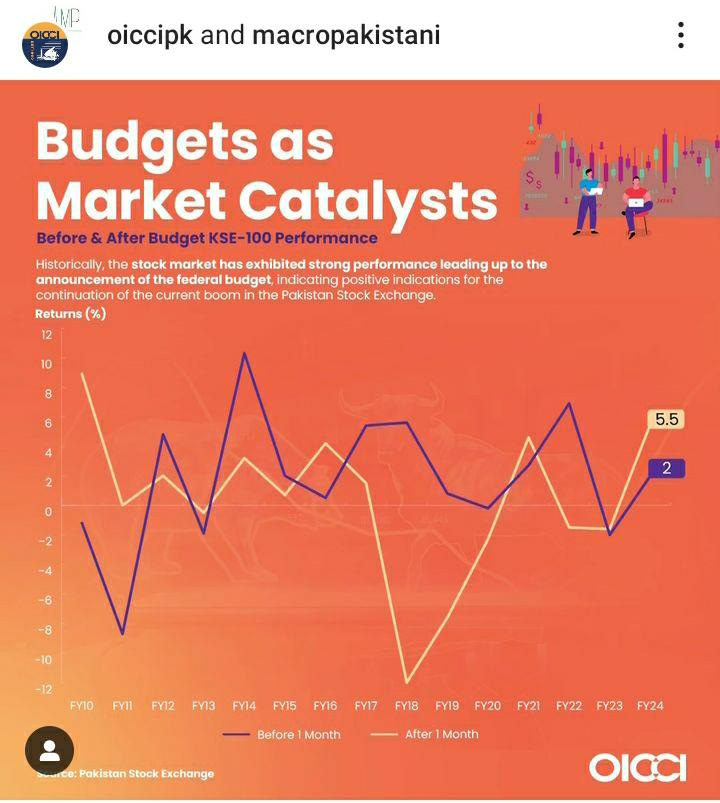A Relentless ‘Power’ Struggle
Pakistan surpassed its target of 1,920MW rooftop solar capacity by 2023, prompting a slowdown in solar initiatives.

Over the years, Pakistan's electricity subsidies have grown substantially, resulting in unintended welfare losses for households. Despite various attempts by the government to address the rising circular debt, none have proven successful. These subsidies often fail to effectively benefit the poor, as highlighted by the World Bank's assessment of the unequal distribution of their benefits. A recent study further highlights this inequality, showing that households consuming between 300 and 700 kWh of electricity receive a subsidy seven times higher than those consuming less than 50 kWh. Meanwhile, the country's inefficient energy usage exacerbates its debt crisis, creating a downward spiral of financial challenges.
Should Pakistan focus on restructuring the energy sector and improving consumption patterns, or should it penalize consumers who contribute to the renewable energy initiative?
Households lead the energy consumption in Pakistan, whereas industry accounts for less. This is in stark contrast to other Asian countries and the result is growing distortion in pricing and charges. Furthermore, within domestic users, approximately 68% of domestic consumers in Pakistan are classified as protected, with an additional 25% categorized as lifeline consumers. Together, they constitute 73% of domestic power consumption. The so called redistribution of resources causes cross-subsidization which means that one group of consumers (industry) pays a higher price for a product or service to offset a lower price charged to another group (protected consumers).
Pakistan’s renewable energy initiatives follow old patterns while the world’s energy revolution marches on, and can’t get rid of the capacity charge. On the other hand, net metering enables households with solar panels or other renewable energy systems to cut costs, lower emissions, and boost economic activity. However, it presents a challenge for the government, as it may lead to underutilization of existing generation capacity during surplus periods and create unintentional costs. As of June 30, 2023, there were 56,427 net-metering consumers in the CPPA-G system, up from 37,769 in June 2022, an increase of 49%. Newer consumers may face some resistance in opting for net metering as proposed by the government.
The country’s archaic power sector is not ready to adapt to the new world of renewable energy. Whether it is entrenched power dynamics (pun intended) or a general lack of capability to change pricing mechanisms in the industry, one can sense that Pakistan isn’t comfortable with the solar dream anymore.
GRAPHIC
The Israeli ground attack on Rafah is poised to unleash a larger wave of displacement, exacerbating overcrowding and the already dire lack of basic food and water for Palestinian civilians. This escalation threatens to become the deadliest point of conflict for civilians. The health system in the Strip, faces total collapse with Abu Youssef Al-Najjar Hospital, one of the few operational hospitals, now under evacuation orders.
Among the 36 hospitals in Gaza, only 12 are partially operational, and they are crowded with patients, operating at limited capacity, and struggling with severe shortages of fuel, medications, and personnel. In the southern Gaza Strip, 6 field hospitals are running at full capacity, while 70% of primary health care centers remain unusable.
An estimated 600,000 children in Rafah are sheltering, many of whom are injured, ill, or malnourished. The fate of these children, along with hundreds of thousands of displaced people, hangs in the balance as they seek refuge in the southern most point of Gaza to escape direct violence and starvation.
Israel has taken steps toward expanding its ground activities into Gaza's last hope; 'Rafah', defying the U.S. and threatening to exacerbate the humanitarian crisis in the city where more than a million Palestinians are sheltering.
See the steady progress of Israel's unbridled barbaric genocide from northern Gaza down the strip, and take a visual look at the genocide's impact on the border city!
The Pakistan Stock Exchange (PSX) continues to ride the wave of positive sentiment, with historical trends indicating robust performance leading up to federal budget announcements. As FY25 approaches, anticipation builds with the PSX settling at an impressive 73,085 (as of May 10, 2024), a testament to its recent upward trajectory.
Data Visualization & Marketing Partner: Brand Nib
Visit: https://macropakistani.com/advertise/
Grateful for the ever-growing list of collaborators!
About Us: Macro Pakistani is a data-driven research platform that aims to provide a basic understanding of Pakistan’s economy. If you have an interest in contemporary news but are currently overburdened with sensationalism and specialized vocabulary, we are the platform for you.
How are we doing? Please send us any questions, comments or suggestions by replying to this email.






